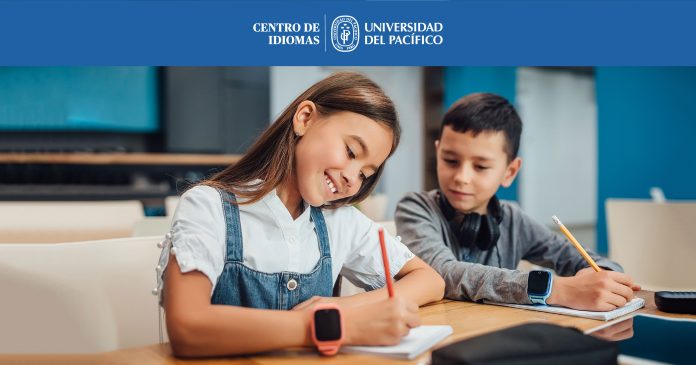We would dare to say that the relationship existing between a teacher and their students is the most important factor in the authenticity of learning taking place in a formal or informal situation. We tend to pay attention to and remember what we are told by people we like, respect and perhaps admire. And this is true in face to face or virtual teaching, before, during and after the pandemic; what is more, happens in present or happened in ancient times, and even when considering that our parents were our first teachers. That is how it normally occurs.
If we go back memory lane to the times when we were school children, we would recognize that our favorite courses were those taught by the teachers we liked best. Even for a number of us it was determinant in the profession that we later selected and that doesn’t exclusively apply to those who went into education. Many students who became doctors were inspired by a dear biology teacher, others were motivated by an excellent physics or mathematic instructor, and went on to study engineering, and so on.
In the field of learning a foreign language the treatment received by students from their educators is especially decisive. In that class you have to speak in a language you are not familiar with and you feel you are likely to make a fool of yourself before everybody, unless there exists a no guilt for errors environment inspired by your mentor.
 Doctor Steve Krashen, an exceedingly important American linguist we have referred to in this space before, formulated the Affective Filter Hypothesis, within his Monitor theory for second language learning. This postulate states that negative sentiments, such as stress, anxiety, boredom, and lack of motivation, create a psychological filter (the “Affective Filter”) that reduces a student’s ability to absorb comprehensible input. Needless to say that the establishment of the opposite, positive conditions, resides essentially on the instructor.
Doctor Steve Krashen, an exceedingly important American linguist we have referred to in this space before, formulated the Affective Filter Hypothesis, within his Monitor theory for second language learning. This postulate states that negative sentiments, such as stress, anxiety, boredom, and lack of motivation, create a psychological filter (the “Affective Filter”) that reduces a student’s ability to absorb comprehensible input. Needless to say that the establishment of the opposite, positive conditions, resides essentially on the instructor.
Furthermore, Fredson Soares dos Reis da Luz, PhD, undertook an investigation in 2015 with the purpose to determine how a supportive relationship between teachers and students in the classroom could improve the learning process. He wanted to establish how using communicative approach and cooperative learning strategies while teaching do affect and improve students’ learning performance. He thought that by having a good relationship with students, teachers could offer them possibilities to be motivated and feel involved in the learning process, and remain engaged, actively absorbing instead of being passive learners. To find that out he used, as primary method, qualitative data collection.
He confirmed that “teachers and students value a supportive and caring relationship between them and that interaction is essential to the teacher-student relationship. This sense of caring and supporting from teachers motivates students to become a more interested learner.” The idea of teachers creating a safe and trustful environment in the classroom proved to motivate and benefit the students. Additionally, the learners feel engaged and stimulated by the methods and strategies the teacher employs, and are eager to participate in the learning process. And he concludes: “The students have in their mind that a positive relationship with their teachers positively impacts their interest and motivation in school which contributes to the enhancement of the learning process.
Considering all this, we can conclude that some of the factors which determine a good relationship between teachers and students are:
MUTUAL TRUST: The students must trust in the knowledge and good intention of their teacher and also they ought to be trusted by them.
DYNAMIC RELATIONSHIP: Students value variety and change. A repeated behavior or practice generates boredom.
ORGANIZATION: Even the students who are not very organized, want their teacher to be so. Otherwise, they do not have a sense of direction. Trying new methods, even if they are not truly orthodox or traditional, does not mean unorganized or unprepared.
CARING AND SUPPORT: Especially children, but even adults, appreciate guidance, some sweetness and indulgence (do not read permissiveness).
UNDERSTANDING: Tolerance and sympathy. To realize that no person is exactly the same day in and day out.
INTERACTION: An ingredient that must always be present in a language class. Without it there cannot be communication.
If you can think of others, feel free to write them in the space below.
REF.
Soares, Fredson dos Reis da Luz. 2015. —–The Relationship Between Teachers and Students in the Classroom: Communicative Language Teaching Approach and Cooperative Learning Strategy to Improve Learning. http://www.portaldoconhecimento.gov.cv/bitstream/10961/4662/1/The%20Relationship%20between%20Teachers%20and%20Students%20in%20the%20Classroom-.pdf










